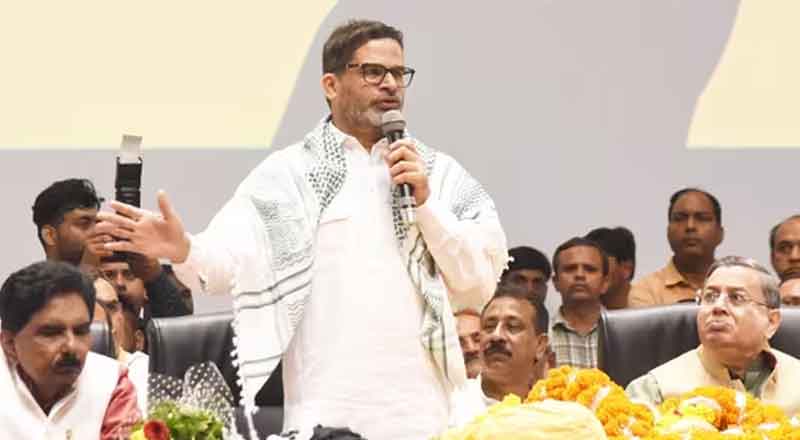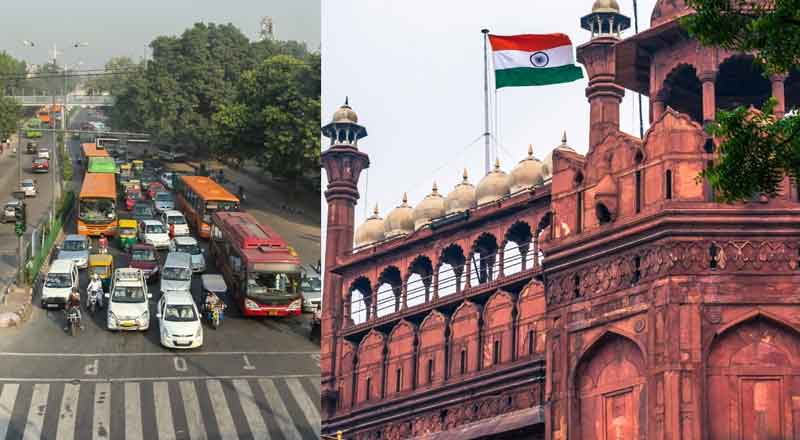With the passage of India’s biggest tax reform, the GST Bill in the Rajya Sabha on 3rd August, 2016, the Government has lived up to its commitment to replace all the indirect taxes levied on goods and services by the Centre and States. The GST is expected to be implemented from April 2017. With GST, it is anticipated that the tax base will be comprehensive, as virtually all goods and services will be taxable, with minimum exemptions. The Bill will once again be introduced in the Lok Sabha for ratification of the amendments, followed by ratification of the Bill by at least 15 states.
GST will be a game-changer in the Indian economy by developing a single Indian market and reducing the cascading effect of tax on the cost of goods and services. It will impact the Tax Structure, Tax Incidence, Tax Computation, Tax Payment, Compliance, Credit Utilization and Reporting, leading to a complete overhaul of the current indirect tax system.
The proposed GST will subsume most of the existing central and state taxes on the supply of goods and services, including central excise, service tax, state-level Value Added Tax (VAT) and other local levies on goods. Going ahead, India is expected to adopt a dual GST model where the Central and State Governments will levy GST simultaneously, on a common taxable value, on the supply of goods and services. However, in the case of imports and interstate supplies, an IGST (Integrated GST) shall be levied by the Central Government.
There is, however, a mixed response from the trade and industry bodies as well as from analysts on the implications of its implementation.
What GST means for the Indian ICT industry?
Nitin Kunkolienker, VP, MAIT and Director – Corporate Affairs, Smartlink Network Systems
“The proposed move to the GST regime would herald a new beginning in the indirect taxation landscape of modern India. Currently, states’ VAT laws warrant submission of myriad documentation, thereby impeding free movement of goods and Central Sales Tax Law also mandates issuance of diverse statutory forms to prove among other facts that the inter-state purchase of goods is for re-sale, and inter-state movement of goods is not a sale.”
Atul Jain, COO, Smart Electronics, LeEco India
“The implementation of a unified GST in India will be one of the most significant reforms introduced in recent times. We believe that it will bring in the much-needed transparency in the taxation norms and have an overall positive impact on the Indian economy. We are still in a start-up phase in India and therefore are very appreciative of the long- term cost benefits.”
R. Chandrashekhar, President, NASSCOM
“The passage of the amendment bill will unarguably usher in the most impactful tax reform this country has seen. The services industry at large was administered under a single authority in the centre under the Service Tax regime. The simplicity and certainty that it offered needs to be emulated in the GST law that States and Centre adopt subsequently.”
Narendra Bansal, Chairman & Managing Director, Intex Technologies
“Being a manufacturing entity, Intex Technologies stands to benefit from a uniform tax regime because this will boost operational efficiencies, increase cost savings and make products more competitive. This will help in a major way to simplify the way we do business and will boost government initiatives on ease of doing business in India.”
Abidali Z Neemuchwala, Chief Executive Officer and Member of the Board, Wipro
“We are sure that implementation of the GST would go a long way in strengthening the economy as one common market for taxation as well as address the key issues of transparency, ease-of-doing business and simplification of tax laws. In the process of implementing GST through legislations, we must collectively ensure that there is no drifting away from the intent of the Bill and in improving ease of doing business and reduced tax related litigation in India.”
Alok Dubey, CFO, Acer
“The law, giving enough incentives for companies to declare transaction in order to claim tax credits will reduce overall tax evasion. Businesses will now only have to deal with State and central GST departments instead of a variety of state and central departments.”
Rushabh Shah, President, TAIT
“Total tax on software is 15% service tax and 5.5% VAT, totalling about 21.24% on the base rate. This will come down to 18% GST. Now, it will be a single tax. We feel that GST will simplify compliance and will free up resources to concentrate on business expansion. Though implementation will be done only after things are put in place, companies need to start planning for future.”
Bharat Goenka, Co-Founder & MD- Tally Solutions
GST is really great and it has greatest benefits that it is built ground up as a technology-enabled-tax-system which allows for extraordinary traceability. Being technology led, it has the potential to spiral upwards the trust deficit, rather than spiral downwards. However, one of the major drawback or the most critical cause of potential failure of GST will be in the transference of responsibility of tax compliance and remittance to the customers to make them eligible for input credit.”
Sriram S, CEO, iValue Infosolutions
“The passage of Goods and Services Tax (GST) Bill is a historic moment, paving the way for the biggest reform in India. The unified tax structure will not only help boost the Indian economy, but will also prove fruitful in the industrial revolution and attract investments. India will become a single country with GST optimizing cost, compliance and convenience. The timeline of 1st April, 2017 rollout looks challenging, but doable with political support.”
Bipin Sapra, Tax Partner, Telecom Practice, EY
“While the telecom service will become costlier as the rate of GST will be higher than the present service tax, a lot of cost will also accrue on account of difficult place of supply rules, decentralized and multiple compliances and credit blockages.”




